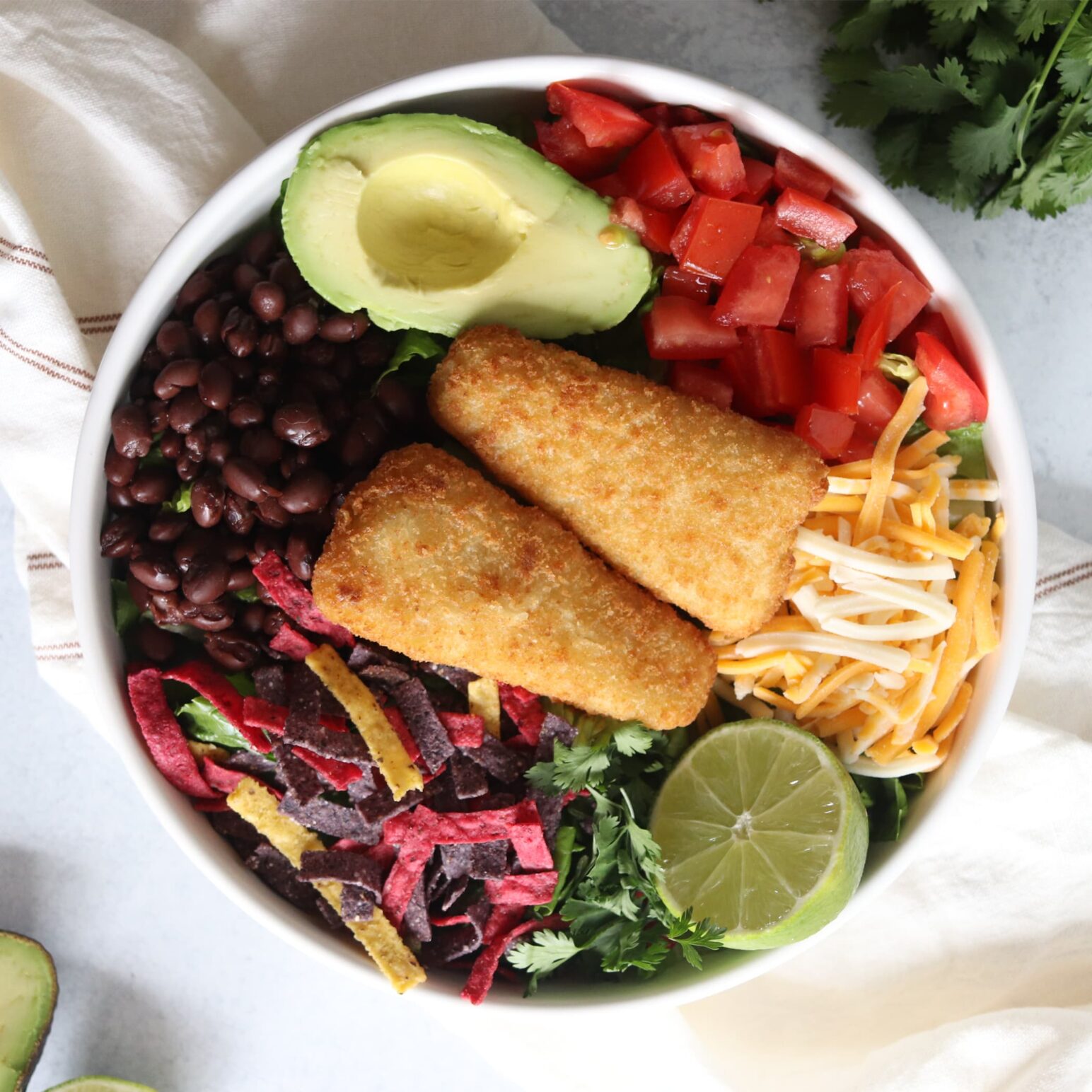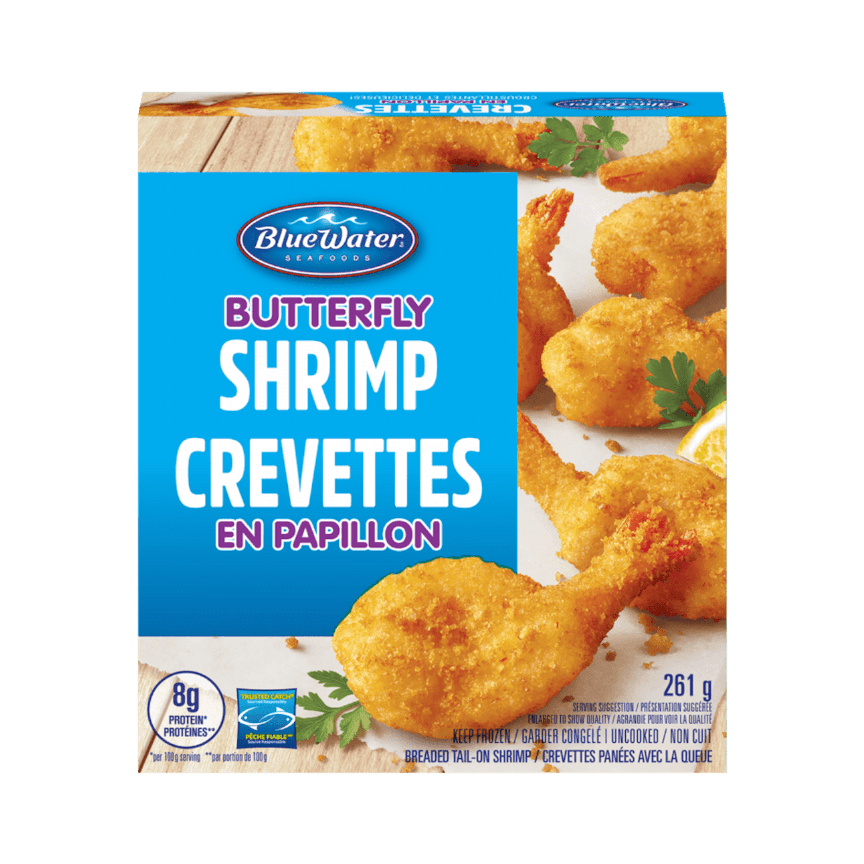Join us on our responsibility journey
Ocean & Fishery Health
BlueWater Seafoods’ focus remains on our most vital resources: the ocean and its fisheries. As a leader in our industry, we accept the responsibility to protect and conserve our source fisheries and continuously deliver on our mission.
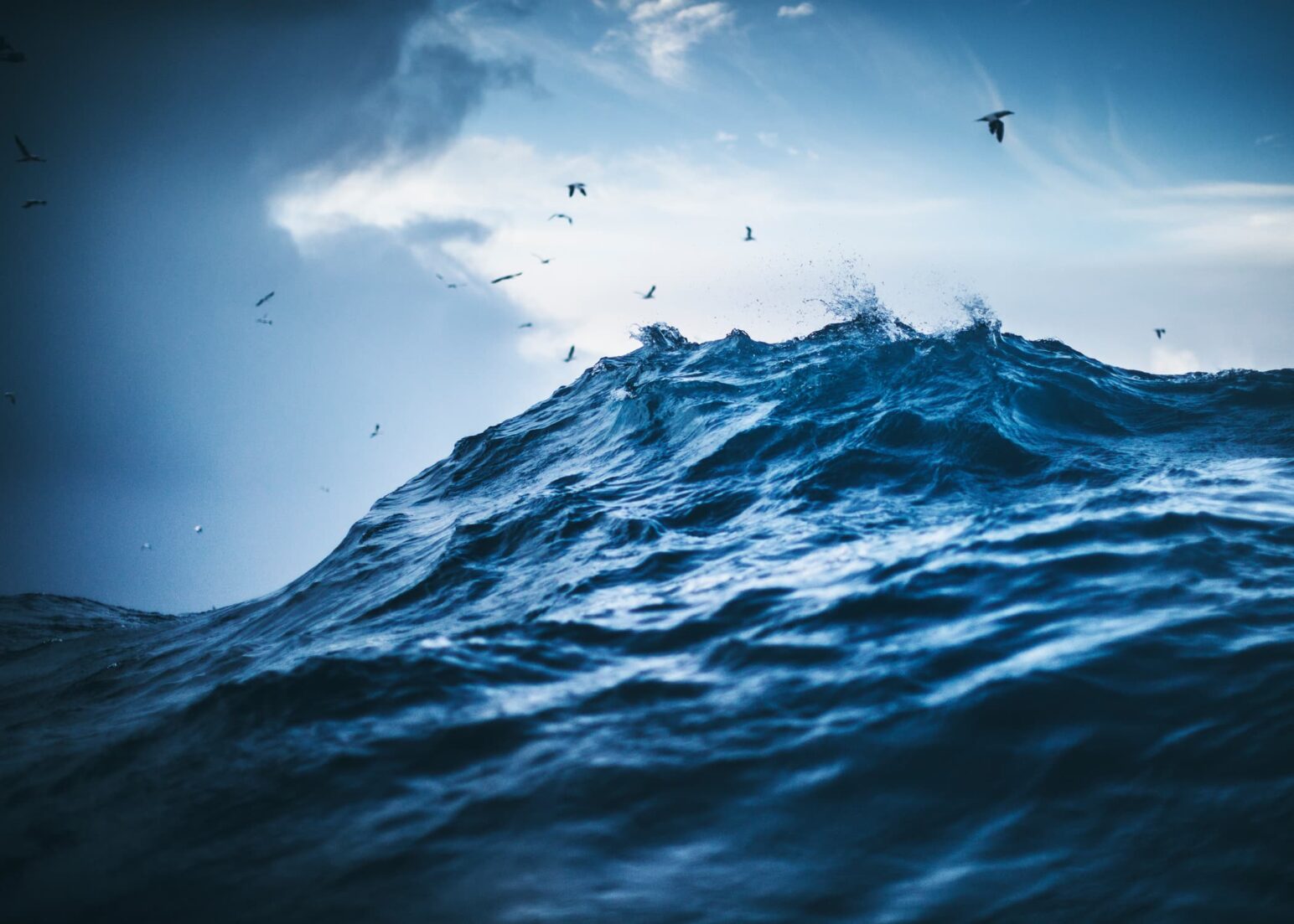
Did you know
Eco-Friendly Packaging
BlueWater Seafoods’ goal is to help lead our consumers towards more sustainable practices in their lives. One way we lead by example is by making sustainable packaging a driving focus in our efforts. Presently, 15% of BlueWater Seafoods products are packaged in recyclable materials, with more solutions diligently in the works.
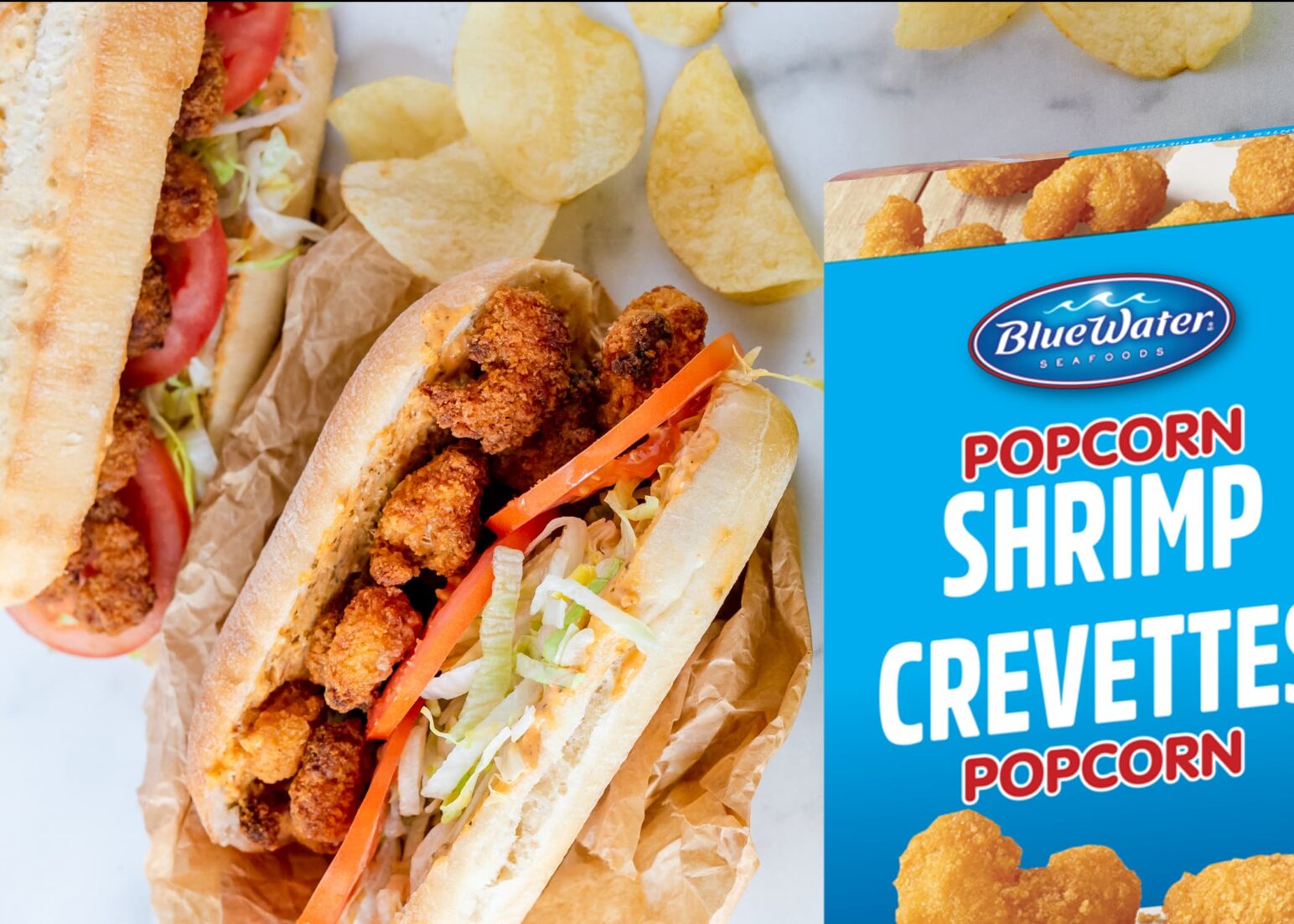
Did you know
Carbon Footprint Reduction
Greenhouse Gas (GHG) emissions are one of the most significant factors contributing to climate change. BlueWater Seafoods recognizes our contributions to GHG emissions, and we are actively engaged in reducing our carbon footprint by focusing on how waste, water, and transportation are managed.
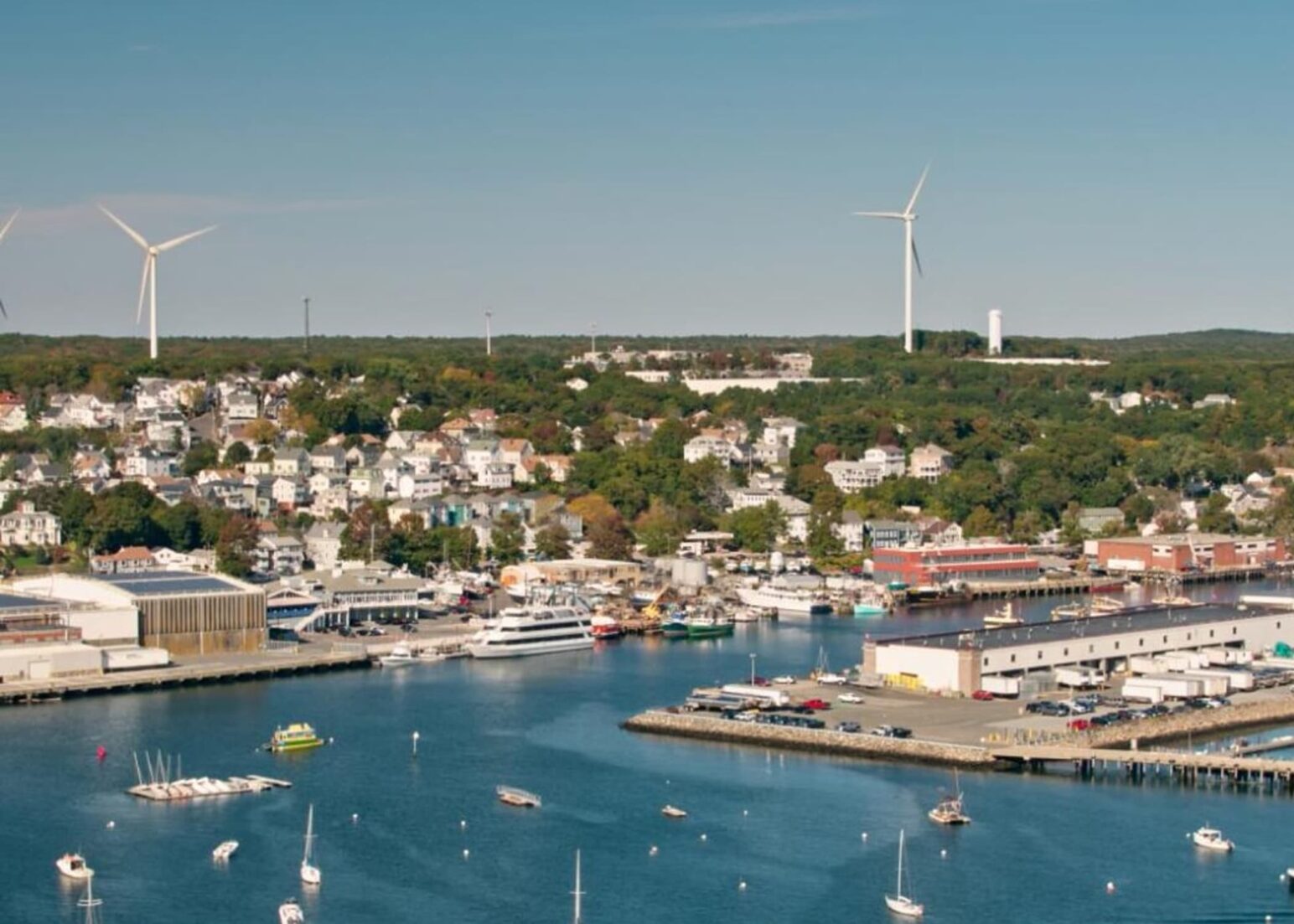
Social Responsibility
BlueWater Seafoods established our Social Responsibility pillar to encompass the elements of sustainability that are not necessarily environmentally focused. Through Diversity, Equity & Inclusion, Workplace Safety, Community Impact & Philanthropy, and Human Rights & Ethical Labor Practices, we strive every day to foster a more inclusive culture.
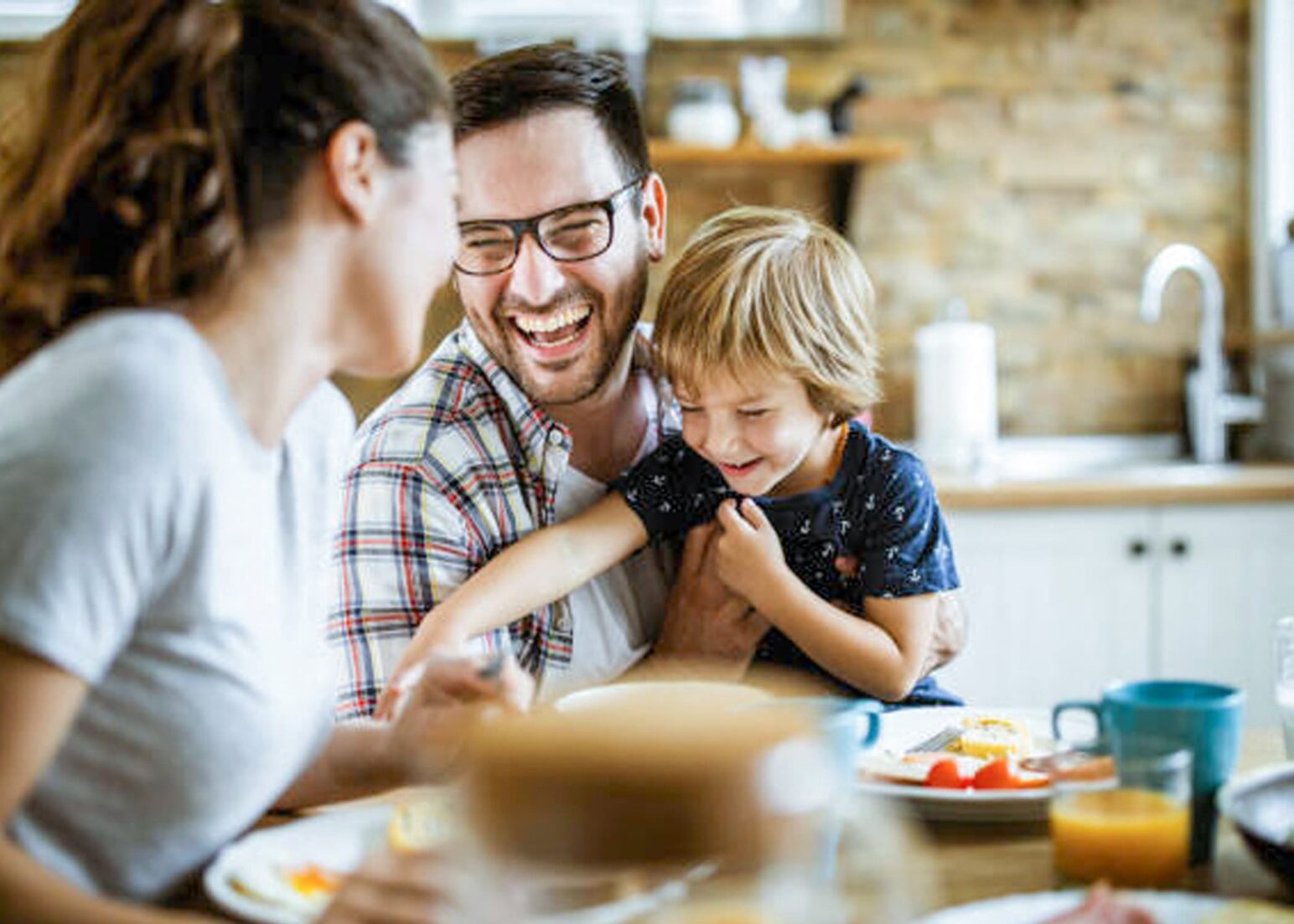
Our Commitment To Quality
As seen in our 2023 Sustainability Report, BlueWater Seafoods is obsessed with quality, and we hold everyone who is part of making our products to the same rigorous standards. Part of sharing the sea is sharing how we care for it, and we believe everyone should have access to information that can educate and deepen our understanding of our planet’s greatest resource.
